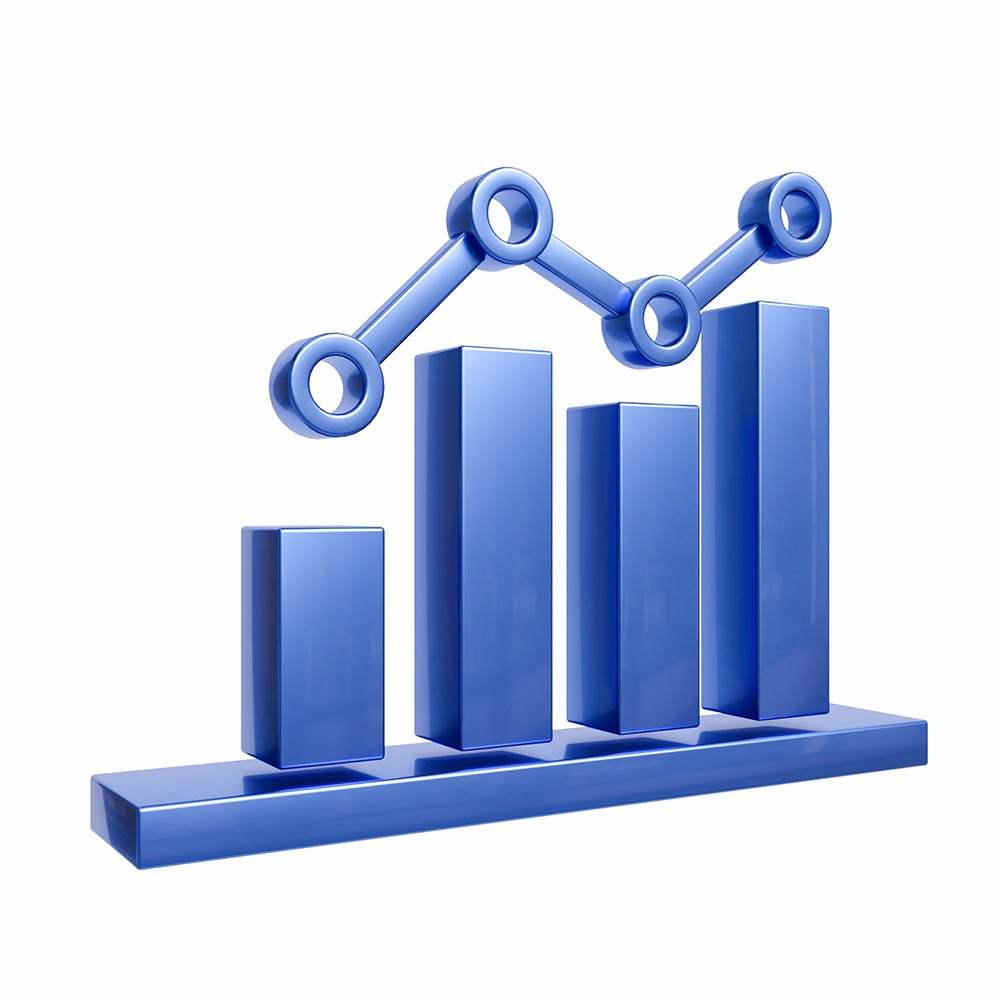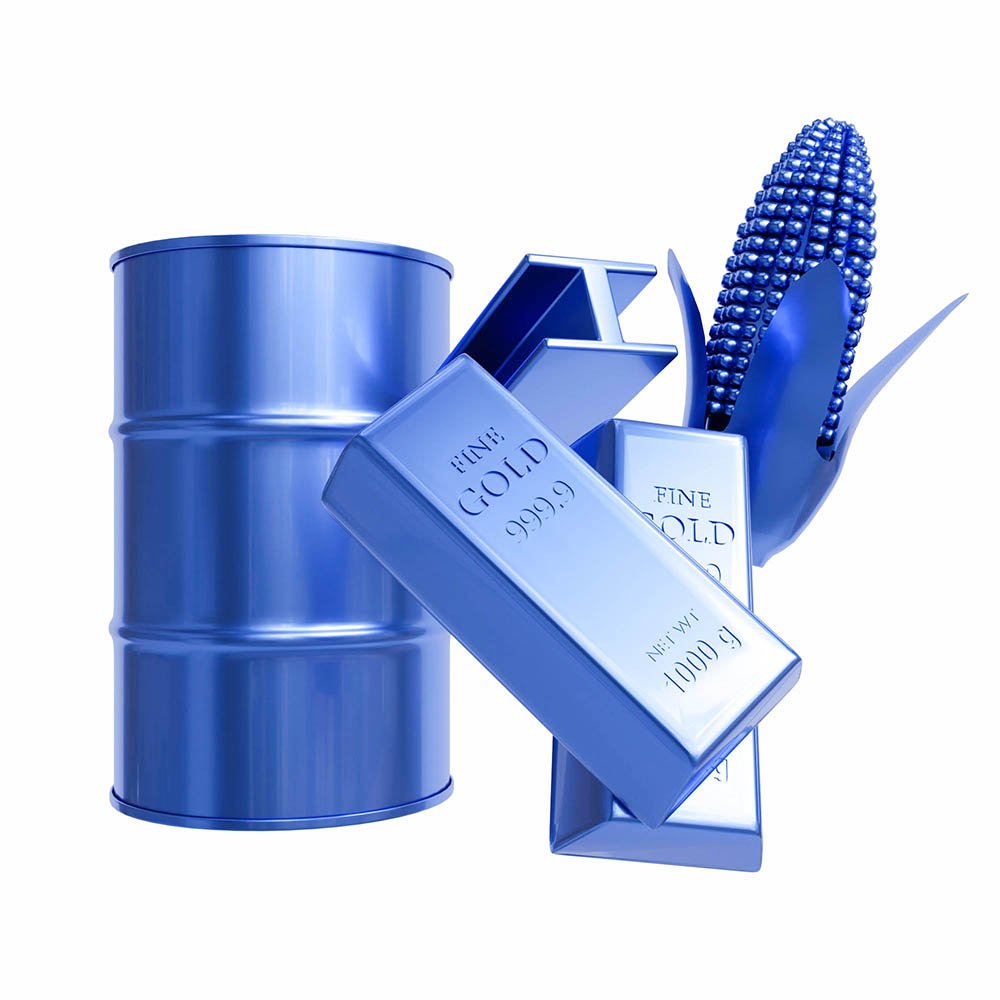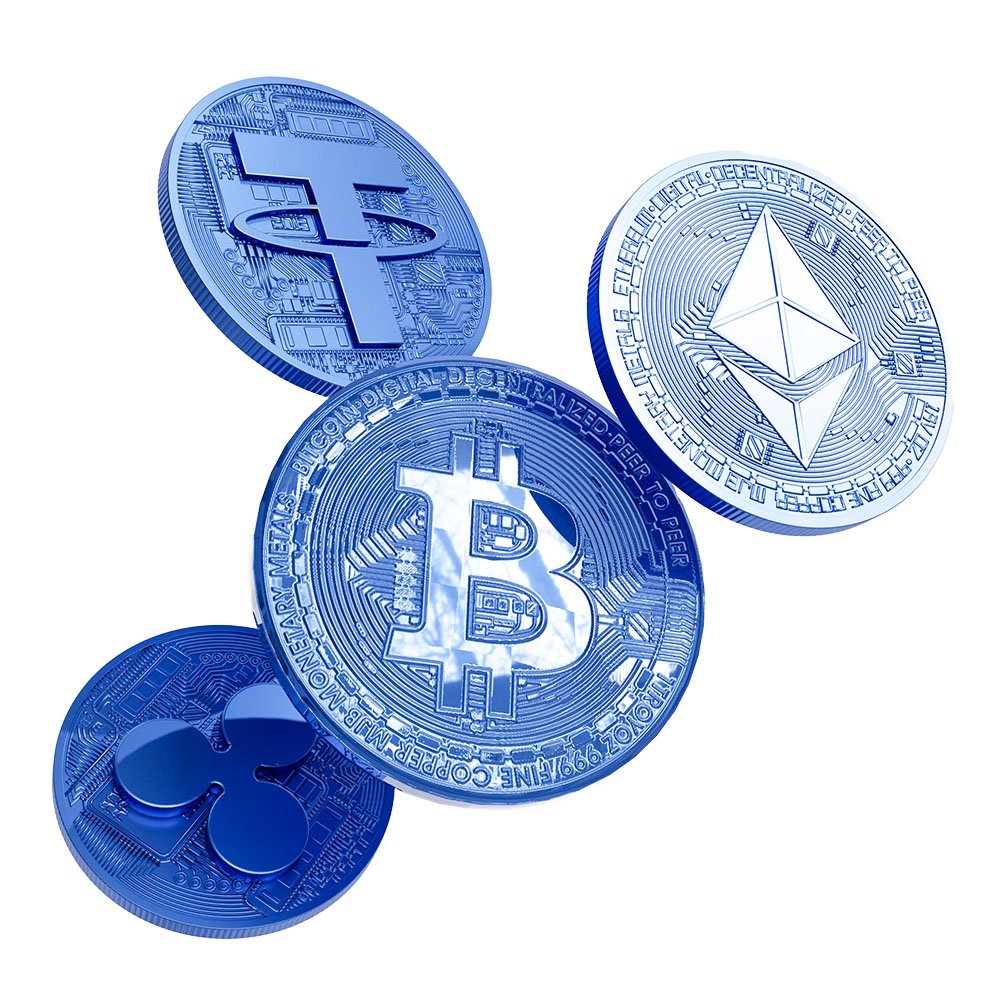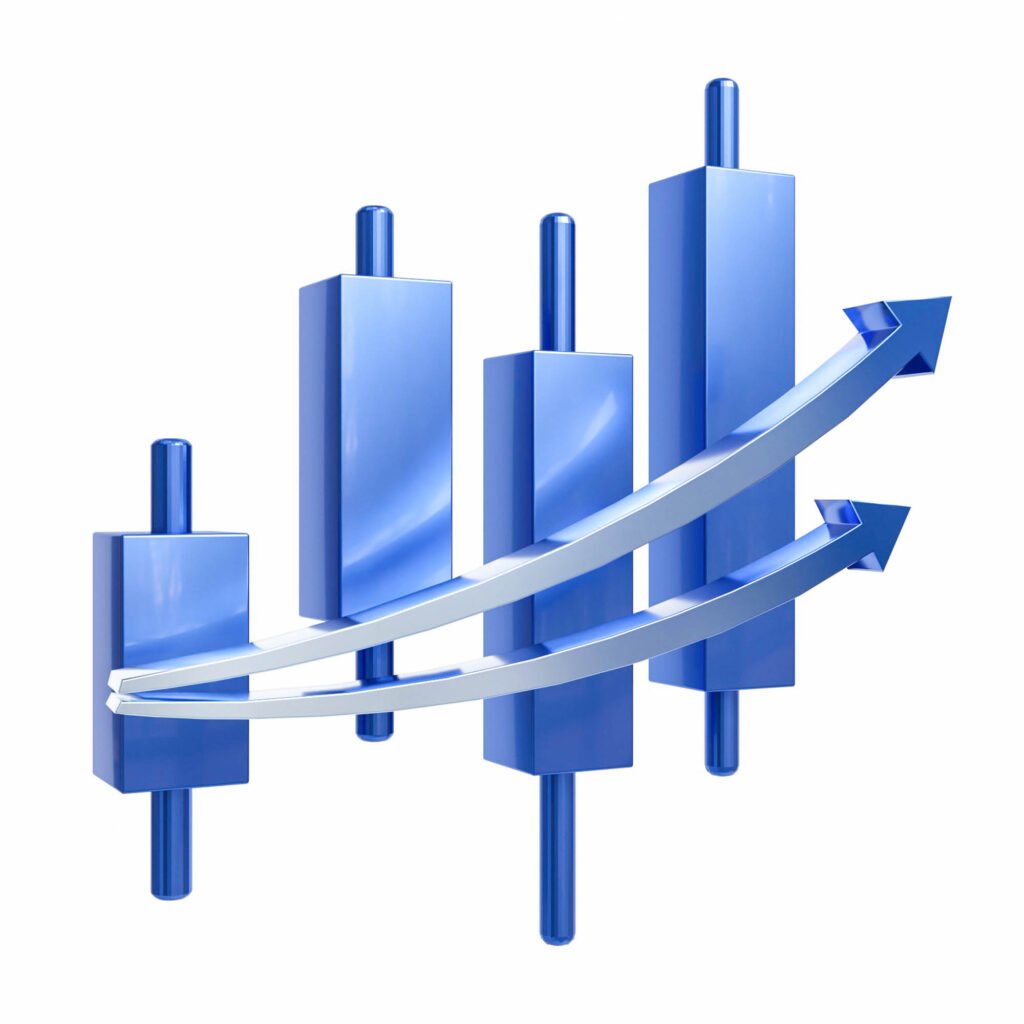Available Markets with FFM

Forex
Forex, also known as foreign exchange or currency trading, is the decentralized market where currencies are bought, sold, and exchanged globally. It is the largest and most liquid market in the world, with over $7.5 trillion traded daily. Forex trading involves speculating on the value of different currencies against each other, with the aim of making a profit from the price movements. Traders can trade in currency pairs, such as EUR/USD, USD/JPY, or GBP/USD, by buying or selling the base currency in exchange for the quote currency. Forex trading can be a high-risk, high-reward activity, and requires knowledge, experience, and a disciplined approach to succeed.

INDICES
Indices, also known as stock market indices or equity indices, are statistical measures used to track and represent the performance of a specific group of stocks or assets in a particular market. They provide a snapshot of the overall performance of a market or a specific sector, serving as a benchmark for investors and traders. Commonly known indices include the S&P 500, Dow Jones Industrial Average (DJIA), and the NASDAQ Composite. Indices are typically calculated based on the weighted average of the prices or market capitalization of the constituent stocks. They allow investors to gauge the general direction and strength of a market, and also provide a basis for creating investment products like index funds and exchange-traded funds (ETFs). Investing in indices can provide diversification and exposure to a broad market or sector, rather than individual stocks.

COMMODITIES
Commodities are raw materials or primary agricultural products that can be bought and sold in the global market. They can be categorized into four main types: energy (such as crude oil and natural gas), metals (like gold, silver, and copper), agricultural (including wheat, corn, and soybeans), and livestock (such as cattle and hogs). Commodities are traded on dedicated exchanges and their prices are influenced by factors like supply and demand dynamics, geopolitical events, weather conditions, and economic indicators. Investors and traders often participate in commodity trading to diversify their portfolios, hedge against inflation, or take advantage of price fluctuations. Commodity trading can be done through futures contracts, exchange-traded funds (ETFs), or physically buying and storing the commodities. However, it is important to note that commodity trading carries risks and requires a good understanding of market dynamics and proper risk management.

Cryptos
Cryptocurrency, or crypto, is a digital or virtual form of currency that uses cryptography for security. Unlike traditional fiat currencies issued by governments, cryptocurrencies operate on decentralized networks based on blockchain technology. The most well-known cryptocurrency is Bitcoin, but there are thousands of other cryptocurrencies available, each with its own features and purposes. Cryptocurrencies provide secure and transparent transactions, often with lower fees and faster processing times compared to traditional financial systems. They can be used for various purposes, including online purchases, investment opportunities, and even as a store of value. However, the crypto market is highly volatile, with prices subject to significant fluctuations. It is essential for investors to conduct thorough research and exercise caution when participating in cryptocurrency trading or investment. Additionally, cryptocurrencies offer the potential for decentralized finance (DeFi) applications and smart contracts, which have the potential to revolutionize various industries.

Shares
Shares, also known as stocks or equities, represent ownership in a company. When you buy shares of a company, you become a shareholder and have a claim on its assets, earnings, and voting rights. Companies issue shares as a means to raise capital for expansion, operations, or other business activities. Shareholders have the opportunity to benefit from the company's success through capital appreciation and potential dividends. Shareholders also have the right to participate in company decisions through voting at shareholder meetings. Investing in shares allows individuals to become part-owners of publicly traded companies and potentially share in their profitability. However, the value of shares can fluctuate based on market conditions and the performance of the company. It is important for investors to carefully research and analyze companies before investing in their shares, and to diversify their portfolios to manage risk.